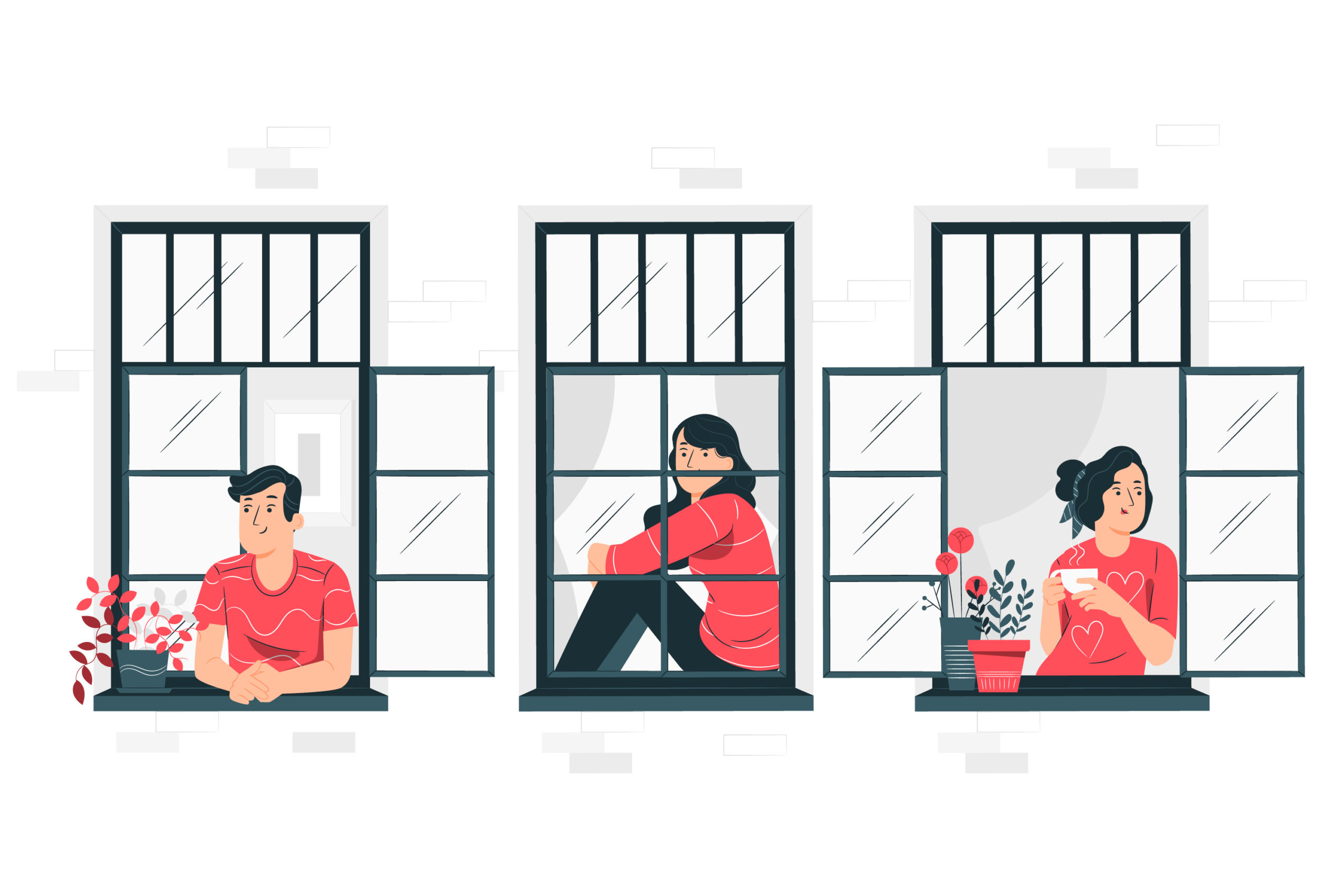All aspects of society have been discussed during the pandemic, including mental health. Of course, everyone is very important, but I think we forgot about one group: people with Down Syndrome. They already have a complicated life, but COVID-19 makes it even harder.
775.300 people worldwide have the genetic disorder Down Syndrome (DS). It’s only one percent of the whole population, but still, 750.0000 people suffer from the pandemic. This is because people with Down Syndrome are a significant risk group. They have a weaker immune system, so their chance of getting infected is higher. Why do we focus on the ordinary/familiar groups and overlook the fact that there are people with this genetic disorder who are already limited in their daily lives?
First of all, what is Down Syndrome? Down syndrome is a genetic disorder caused by an additional chromosome. In 80 percent of the cases, the genetic disorder is caused by women who give birth at a later age. People with DS have physical growth delays, intellectual disability, and characteristic facial features. The first two things cause a different way of life because they are, sadly, unable to do all the things they want to do.
When you look at the numbers of the people with DS, it stands out that a very low percentage is graduating or working. People with Down Syndrome can work, but in several cases, they are not doing the work where their skills are shining and where they can develop themselves. Almost 50 percent of the people with DS are not employed.
In addition to this, their social contact is already limited compared to people without the disorder due to the regulations in the Netherlands. That means that the pandemic hits the people with DS even harder. They can’t enjoy the little moments; they can’t visit daycare, and they cannot receive visitors. Even if they already went to school or work, it isn’t possible now, given these circumstances.
The Netherlands has one of the highest rates of Down Syndrome globally. They are currently airing a television show called “Down the Road” on Dutch television. It’s remarkable how much they enjoy the small moments; shopping, cooking, but also driving a car, or simply paying with a credit card in a store. They no longer bear any responsibility that they did not already bear due to this pandemic. The limited independence is exacerbated further by the absence of development opportunities.
People with DS find it challenging to cope with situations such as illness or death. That is why COVID-19 is such a difficult situation for many. Research shows that depending on the duration of the pandemic, some did not want to know more about it, and others did not know anything about it at all. The pandemic is a difficult period for the people who typically stick to a fixed schedule.
People with DS worried more during COVID-19 about their social contact than family. The measures are the opposite of what people with DS desire daily. Where people with DS enjoy social contact, this is a contrasting measure; limit the size of your social connections.
So, perhaps we can look after everyone and consider everyone so that no one is harmed more by the pandemic. It is critical to understand what we can do for one another.

